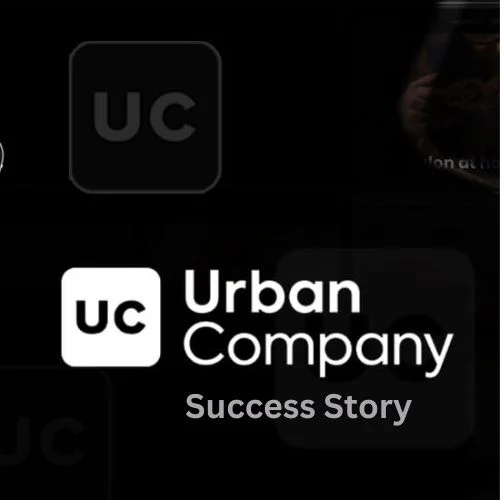It is unclear whether Google will adopt the Korean model or make a modified push for the implementation of a billing system for Indian app developers in the future.
Plans by Google to implement the Google Play billing system for in-app purchases in India have been put on hold. This occurs just after the IT giant was hit with many fines by the Competition Commission of India (CCI). Google stated that its intentions to require Indian app developers to use the Google Play billing system had been put on hold for the time being, but it also gave no indication of when the procedure may be updated once more, albeit with potential improvements.
In response to the CCI’s recent decision, Google said in an official statement, “We are pausing enforcement of the requirement for developers to use Google Play’s billing system for the purchase of digital goods and services for transactions by users in India while we review our legal options and ensure we can continue to invest in Android and Play.”
For the time being, Indian app developers are not required to implement and then route all user transactions through Google’s own payment system.
Particulars of the Penalties: Dominance and Android
The CCI fined Google 1,338 crore rupees in the first instance a few days ago for what it called “abusing its dominating position in numerous categories connected to Android mobile device ecosystem” in India. For “abusing its dominant market position with respect to its Play Store policies,” which included the requirement for the usage of the Google Play billing system, a subsequent fine of 936.44 crore was added.
Google granted Indian app developers an extension on the requirement to incorporate the Google Play charging system within their apps listed on the Google Play Store while the CCI investigation, which had been ongoing for a year, was ongoing. According to Google, the extended deadline of October 31, 2022 was granted to Indian developers because of the peculiarities of the local payments system.
Play Store billing: A uniform policy?
Interestingly, there are regional variations in Google’s app developer invoicing practices. The majority of nations required developers to make the adjustments by June of this year (the payments policy started the process in 2020), but India was an exception. South Korea is also.
Google was instructed in Korea to give Play Store developers the option of other payment mechanisms. A legislation prohibiting the monopolization of payment mechanisms by app platforms went into effect late last year. This forced tech behemoths, like Google, to increase the choices available to app developers for taking payments for in-app purchases, subscriptions, and in-app services.
In September of last year, Google was also hit with a $176.64 million punishment by the Korea Fair Trade Commission (KFTC) for antitrust violations. The internet juggernaut claims that consumers outside of India must use Google Play’s invoicing system for in-app digital content sales.
What does this entail for users and programmers?
First and foremost, this implies some relief for developers from having to compel users of apps they’ve published on the Google Play Store to use Google’s billing systems for all transactions conducted for and inside those apps. This entails having the option to avoid the required “cut” that the platform, in this case Google, would deduct from each transaction.
The CCI had stated in its order that practices like these are discriminatory, deny market access to payment aggregators, and lower incentives for innovation. “Making access to the Play Store, for app developers, dependent on mandatory usage of GPBS for paid apps and in-app purchases constitutes an imposition of unfair condition on app developers,” the CCI had stated.
Regarding how you continue to purchase apps for Android smartphones and tablets from the Play Store, nothing has changed for customers. Later transactions, such as purchasing in-app items or reoccurring subscription payments, will function just like they always have.
Why do IT monopolies demand a certain number of billing options?
There is an expectation that Google, Apple, and Microsoft will receive a fee from each transaction made on their platform since they provide app developers with a platform to host apps and connect with millions of users. The Android application store in this instance is Google’s Play Store.
They can determine and collect a portion of each transaction by funneling it through their billing systems for all transactions. If the transaction is processed by a third-party payment system, then this is not possible. For app developers that make up to $1 million, Google has a tiered system for transaction shares; the share will be 15% for each sale or transaction made.
Once the revenues reach $1 million, this will rise to a flat rate of 30% share for each transaction. May of last year saw the implementation of the tiered system.
It would be interesting to see how Google responds, if at all, to the CCI sanctions for Android’s dominant position, which compelled phone manufacturers to use Google’s own suite of apps on their phones as a condition of sale.















